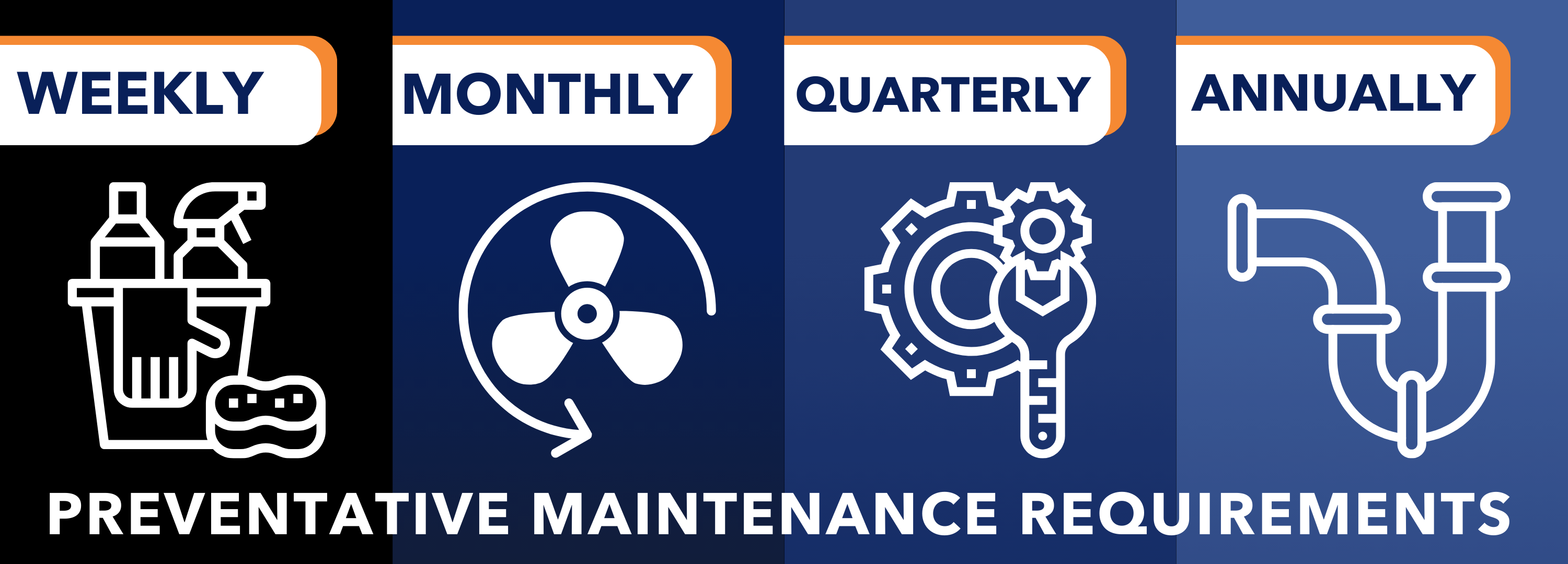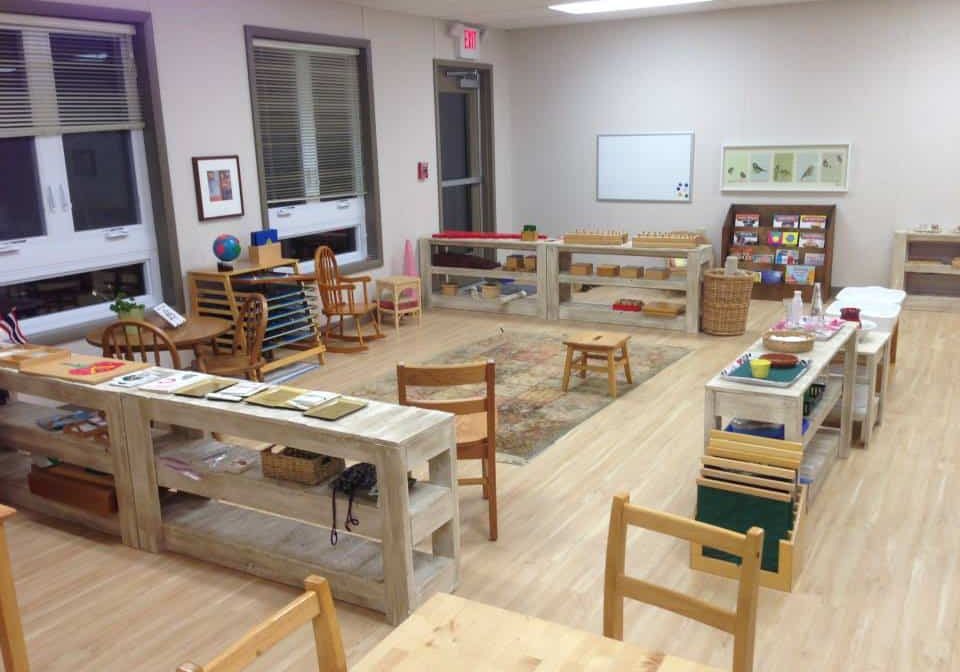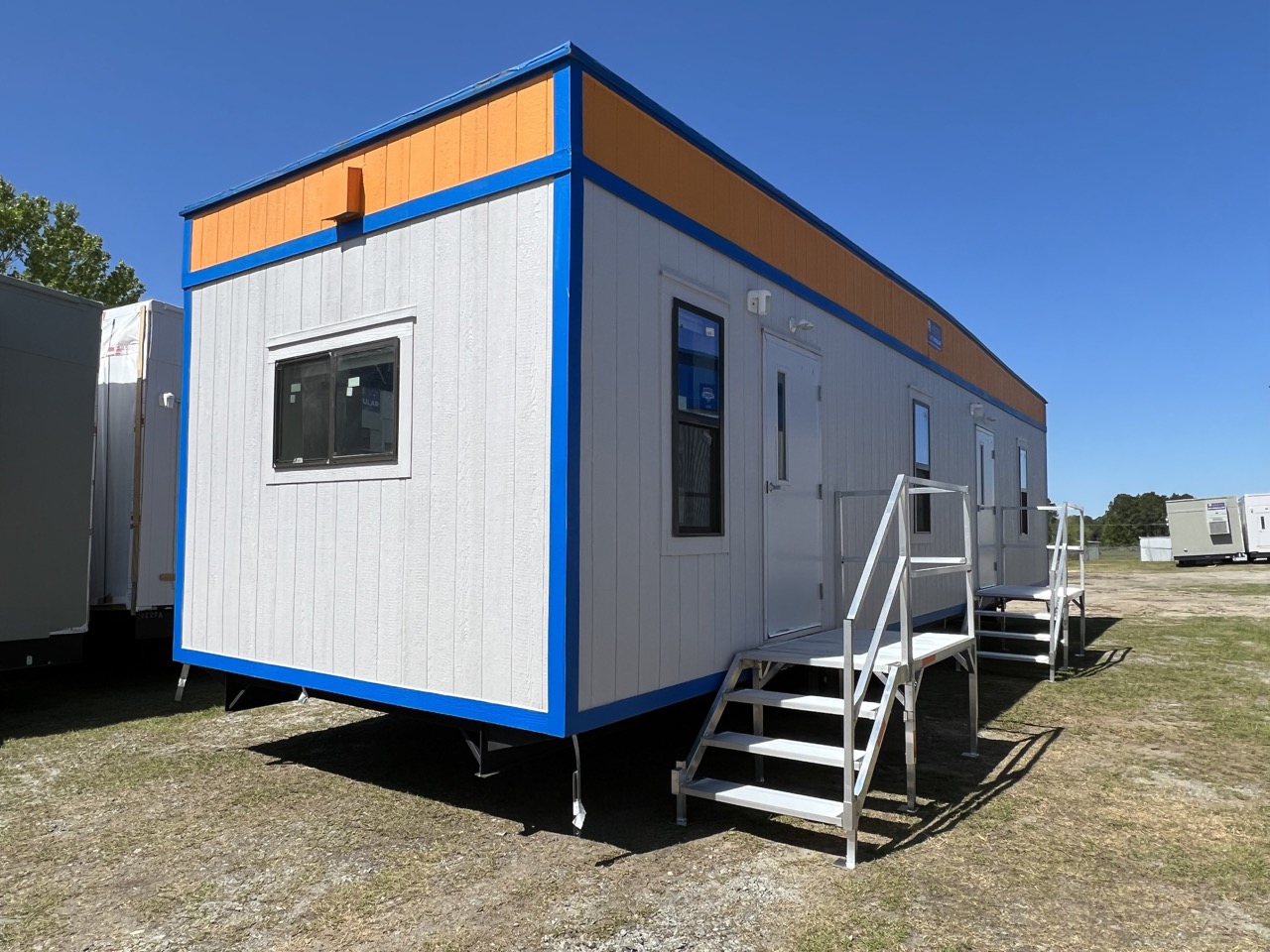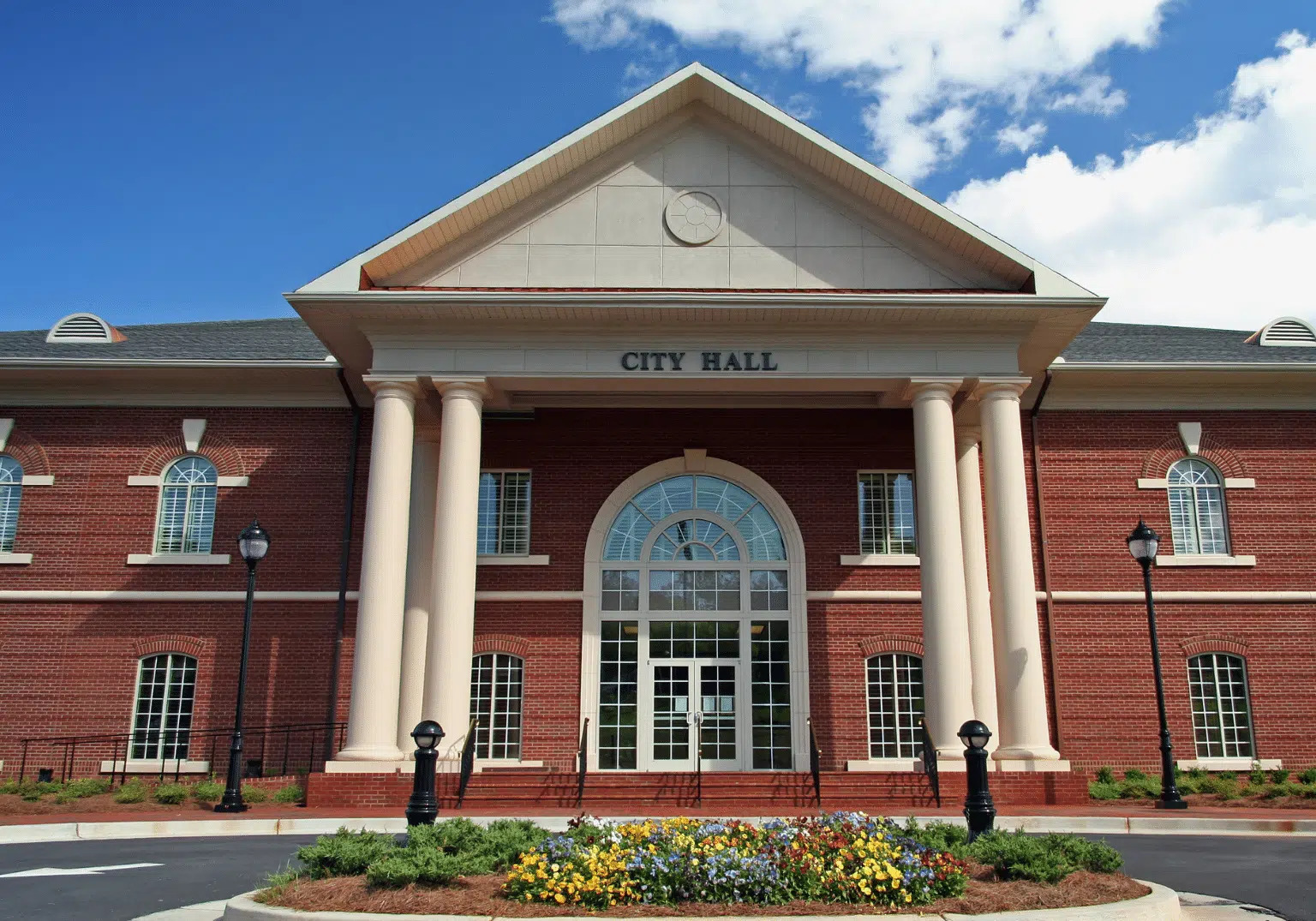Building Maintenance Checklist: Essential Practices
Every Mobile Modular building is built with high-quality materials and expert craftsmanship. In order to keep your building in top shape and keep repair costs down, you will need to perform regular inspections and maintenance.

Importance of Building Maintenance
Performing regular maintenance of your building is vital for several reasons. It can help you understand the overall condition of your building, and it ensures you can address any issues before they compound and cause any further damage. This allows you to minimize repair costs, eliminate safety hazards, and ensure your building is running at maximum efficiency. It can even help keep your energy costs down.
Old Or New, Building Maintenance is a Must
Even brand-new buildings with top-quality materials require regular inspections, maintenance, and repairs. There may be environmental factors, such as high winds, storms, extreme temperatures, or humidity, that could cause issues sooner than expected. Buildings which see regular use will also require particular attention and care to quickly fix any damages.
Mobile Modular's Routine Maintenance Checklist
Mobile Modular provides a thorough maintenance checklist for all of our customers to ensure efficiency and durability for their building. It covers every major aspect of each building.
Roof Maintenance
While many people may conduct regular care and maintenance of the parts of their building they see every day, issues on the roof often go unnoticed until it is too late. That’s why it’s important to check your roof twice a year to clean and spot any potential problems before they get out of hand.
- Leaks: Water damage can compromise the structural integrity of a building and, over time, can cause mold and mildew damage. Water’s ability to affect multiple layers of the walls and ceilings can also make it costly to repair. Check for leaks by regularly inspecting the walls and ceiling of the unit. Look for darkened stains, bubbles, or cracks where a leak might have occurred.
- Tearing/sponging: Portions of the roof may become damaged during severe storms and high winds. Complete an annual checkup of the roof, especially after particularly harsh weather. Check for parts of the room that may feel spongy or soft, which indicates moisture damage that may cause rotting and weaken the structure.
- Gutters, roof drains, scuppers: Owners should regularly clean the gutters, roof drains, and scuppers. By clearing them of debris, it will ensure water does not build up on the roof and cause leaks over time.
Mechanical Maintenance
The mechanical parts of your building are constantly working to make sure your operation is running smoothly. Make sure to conduct regular maintenance to keep them humming along. If you don’t, issues can pop up unexpectedly and cause problems for everyone using the building.
- HVAC: If your HVAC system malfunctions, it can start causing problems within hours. To avoid being caught in freezing weather without a working heater, regularly test the condition and quality of your unit at least twice a year. Conduct start-up checks and preventative maintenance. Filters should be replaced every quarter in most units, though in heavy industrial areas, they should be replaced monthly. This helps keep the unit clean and sustain good air quality. Outside air dampeners should be set at a position that allows outside air but also maintains energy efficiency.
- Thermostats: Regularly make sure your thermostat is set to the proper temperature and is functioning properly. If your thermostat uses a schedule to change the temperature, be sure to regularly update it with changes in your own schedule. Your fan should be set to AUTO.
- Electrical panels: Ensure your electrical panel does not have frays, double tapping, or electrical inconsistencies. Always turn off electricity before doing anything that could involve contact with electrical components, using a meter to confirm power is off before starting any tasks. Contact an electrician if you are unsure.
- Water heater: If your heater uses a pilot light, make sure to check it regularly, especially if you are noticing any issues with your heater. Always notify an expert immediately if you smell gas. Take temperature checks of the water if your unit appears to be experiencing issues. Also, conduct regular checks on the unit’s efficiency.
Plumbing Maintenance
Even a small leak that goes unnoticed can cause thousands of dollars in water damage and days worth of labor to repair it. By conducting regular inspections of your plumbing, you can ensure any leaks, and any bills, are contained.
- Leaks: Leaks may not always be easily visible, but they can still cause extensive—and expensive—problems if the issue is not immediately addressed. You should inspect your property at least once annually for leaks, especially around plumbing and window seals.
- Bathroom fixtures: Bathroom fixtures that see regular use should be maintained and checked for broken gaskets and leaks. Listen for unusual noises when running the plumbing that may be caused by leaks or problems with water pressure. Sink faucet screens should be cleaned periodically to ensure proper water flow.
- Drinking water: Random sampling and testing should be done annually to check water for contaminants.
Electrical Maintenance
Poorly maintained fixtures can be a drain on energy efficiency and cause poor light quality. Always be sure to take necessary safety precautions and contact an electrician when necessary.
- Electrical outlets: Perform random sampling of electrical outlets to determine if there is an energy drain or bad connection.
- Burned-out bulbs: Check regularly for burned-out bulbs and replace with the correct wattage. Use energy-efficient bulbs to lower your electricity costs.
- Exit signs and emergency lights: Ensure all exit signs are functioning and properly lit. Also verify that they are clearly visible and are unobstructed from all areas of the room, so people can quickly evacuate in case of an emergency.
- Fire alarms: Regularly check that fire alarms are functioning and replace batteries when necessary.
Floor Maintenance
Well-maintained floors are key to safety and long-term durability of the surfaces. Floors should be inspected for:
- Tears: Regularly inspect floors for tears, particularly in high-traffic areas such as entrances. Tears in flooring will get worse over time if they are not fixed quickly, leading to a tripping hazard.
- Strip/seal/wax VCT: If you have hardwood, tile, or vinyl composite tile, make sure they are sealed, waxed, and/or stripped when necessary.
Leasing From Mobile Modular? Contact us For Timely Repairs
To submit a Service Request click here
Maintain Your Modular Building With Mobile Modular
Mobile Modular is trusted across North America for its high-quality buildings and the industry-leading service provided by its expert staff. We’d love to talk with you about how Mobile Modular’s modular buildings can be the perfect fit for your project.





